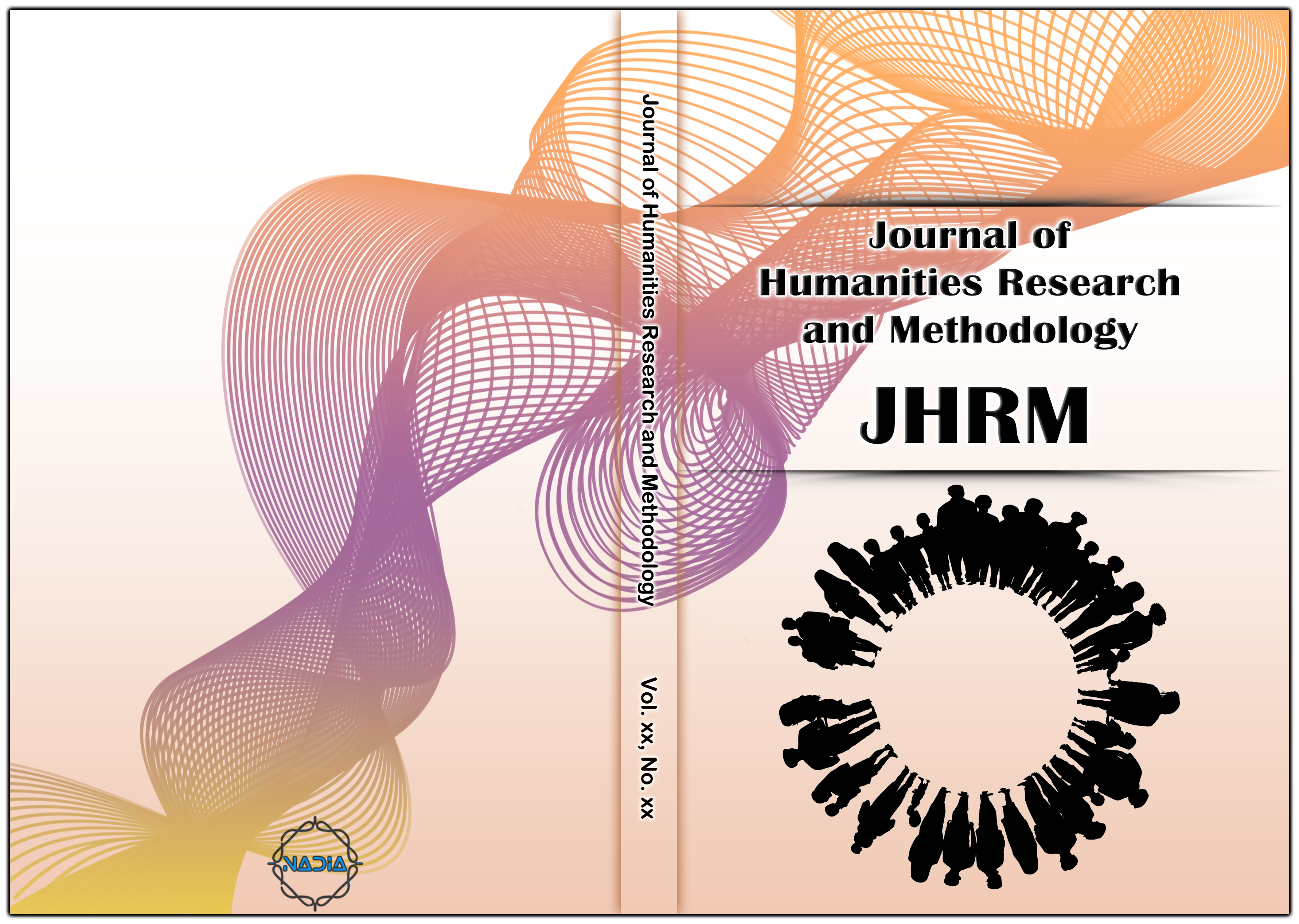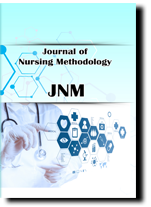[1] Cheon, H. J. and Min, M. K., “The Path Analysis of the Related Variables Affecting Socially Responsible Consumption: Application of Social Justice Interest and Commitment Model.” Consumer Policy and Education Review, vol. 11, no. 1, (2015), pp. 25-49.
[2] Kang, T. C., “Influences of Antecedents to Consumers’ Japanese Brand Boycott Attitude and Intention.” The Japanese Modern Association of Korea, vol. 66, (2019), pp. 195-212.
[3] Lim, J. E. “[Trend & Review]: How Products Built on History Gained its Popularity.” Eroun net 11 June 2019. http://www.eroun.net/news/articleView.html?idxno=6061.
[4] Kang, J. S. “How Social Venture Marymond’s Sales Has Increased almost upon 10 Billion Dollars?." Fashionbiz 26 June 2018. https://www.fashionbiz.co.kr/article/view.asp?cate=1&sub_num=22&idx =167355.
[5] Anderson, T. and Cunningham, W., “The socially conscious consumer.” Journal of Marketing, vol. 36, no. 3, (1972), pp. 23-31.
[6] Roberts, J., “Profiling levels of socially responsible consumer behavior: Cluster analytic approach and its implications for marketing.” Journal of Marketing Theory and Practice, vol. 3, no. 4, (1995), pp. 97-117.
[7] Yi, C. Y., Lee, K. H. and Kim, J. E., “An Investigation of the Effects of Brand Story Types on the Consumer`s Attitudes towards Advertising Design.” Korean Society of Design Trend, vol. 27, (2010), pp. 149-158.
[8] Choi, S. A., Na, K. J. and Hwang, Y., “Development of Measurement Scales for Brand Storytelling Components Quality.” A Journal of Brand Design Association of Korea, vol. 11, no. 4, (2013), pp. 161-174.
[9] Seo, S. H., “The Influence of Brand Storytelling Types on the Structural Relationships among Brand Consciousness, Brand Identification, Image Elaboration, Brand Image, Attitude Toward Brand.” Korean Association of AD&PR, vol. 11, no. 4, (2016), pp. 161-174.
[10] Bandura, A., “Social foundation of thought and action: A social cognitive theory.” Englewood Cliffs, NJ: Prentice Hall, (1986).
[11] Miller, M. J., Senderowitz, K., Connacher, C., Blanco, S.Munis de la Pena, C., Bernardi, S., and Morere, L., “College students’ social justice interest and commitment: A social-Cognitive perspective.” Journal of Counseling Psychology, vol. 56, no. 4, (2009), pp. 495-507.
[12] Min. M. K. and Ahn. H. N., “Social-Cognitive Model of Social Justice Interest and Commitment: for Korean College Students.” Korean Psychological Association, vol. 20, no. 2, (2014), pp. 133-154.
[13] Kim, B. H., Kim, K. J., Park, I. S., Lee, K. J., Kim, J. K., Hong, J. J., Lee, M. W., Kim, Y. H., Yoo, I. Y. and Lee, H. Y., “A Comparison of Phenomenological Research Methodology - Focused on Giorgi, Colaizzi, Van Kaam Methods -.” Journal of Korean Academy of Nursing, vol. 29, no. 6, (1999), pp. 1208-1220.
[14] “Expressing One’s Value with Consumption.” 20slab 5 February 2018. http://www.openads.co.kr/nTrend/article/2475.
[15] Woo, J., Ko, W. H., Park, K. D. and Hur W. M., “Consumer Ethnocentrism and Unwillingness to Buy Foreign Products.” The Korean Journal of Advertising and Public Relations, vol. 9, no. 4, (2007), pp. 230-256.
[16] Koivisto, K., Janhonen, S. and Va¨isa¨nen, L., “Applying a phenomenological method of analysis derived from Giorgi to a psychiatric nursing study.” Journal of Advanced Nursing, vol. 39, no. 3, (2002), pp. 258-265.
[17] Im, M. Y. and Kim, Y. J., “A Phenomenological Study of Suicide Attempts in Elders.” Journal of Korean Academy of Nursing, vol. 41, no. 1, (2011), pp. 61-71.
[18] Yu, G. U, Jung, J. W., Kim, Y. S. and Kim, H. B., “Understanding Qualitative Research Methods,” PARKYOUNGSA, (2018).




